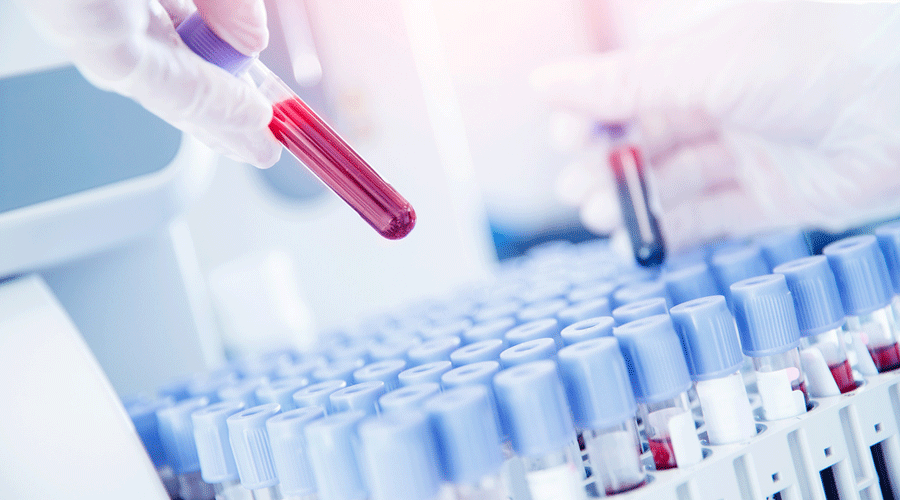Prime Minister Narendra Modi will on Monday inaugurate via a video link high-throughout automatic machines for the diagnosis of the new coronavirus in Calcutta, Mumbai and Noida that could collectively test over 10,000 samples a day.
Scientists familiar with the technology said the new facilities would help further ramp up the country’s testing capacity while simultaneously reducing the turn-around time for test results with fewer lab personnel at a time many states are not testing enough samples.
The new facilities will be housed in Indian Council of Medical Research labs — the National Institute of Cholera and Infectious Diseases (NICED), Calcutta, the National Institute for Research in Reproductive Health, Mumbai, and the National Institute for Cancer Prevention and Research, Noida in Uttar Pradesh.
The additional infrastructure comes amid concerns among Union health ministry officials that many states in India are still not conducting 140 tests per day per million population, a threshold set by the World Health Organisation for “comprehensive surveillance and testing”.
Data released by the health ministry earlier this month indicated that Bengal, Bihar, Gujarat, Telangana and Uttar Pradesh were among 13 states that were testing below this threshold.
The health ministry has urged states to increase testing — a critical requirement to identify infected patients and isolate them to prevent further spread of the infection.
Scientists expect the automated machines to significantly enhance testing capacity. “We can now test around 1,000 or 1,100 samples a day — after the machine becomes fully operational, we’re hoping to do 3,000 samples a day,” Shanta Dutta, NICED’s director, told The Telegraph.
Dutta also said the automated features were expected to facilitate more tests with fewer lab staff. She said it was too early to predict how much fewer staff would be required for the tests. She said the machines could become operational in about a week to 10 days.
Around 900 government labs and 400 private labs across India are currently approved for Covid-19 tests. These labs on Saturday had collectively tested over 440,000 samples.
India on Sunday recorded 48,661 new Covid-19 cases, raising its total number of lab-confirmed cases to 1,385,522, of whom 467,882 patients are under medical supervision, 885,577 have recovered and 32,063 have died.
The Press Information Bureau also said the labs “will reduce the turn-around time and exposure of lab personnel to infectious clinical materials”. The labs are enabled to test for infections other than COVID-19 and, after the pandemic, will be able to test for hepatitis viruses, dengue and cytomegalovirus, among other infectious diseases.
Union health minister Harsh Vardhan and the chief ministers of Bengal, Maharashtra and Uttar Pradesh are expected to join the online inauguration, the PIB said.











